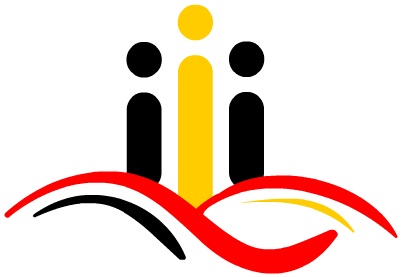German Language Study Offers Fun and Opportunity
by John Clarke
Language study in most countries is seen as a normal part of educational life, but for many years Australians, residents of an English speaking continent (and disregarding Aboriginal languages), have seen it as irrelevant, the domain of impractical scholars.
The guest speaker at the last meeting of the German speaking group Kaffee und Kuchen was Cindy MacKinnon, Principal of the School for the German Language in Adelaide. As the Barossa German Language Association is advocating bilingual teaching in the Barossa Valley, her talk was not only interesting but timely.
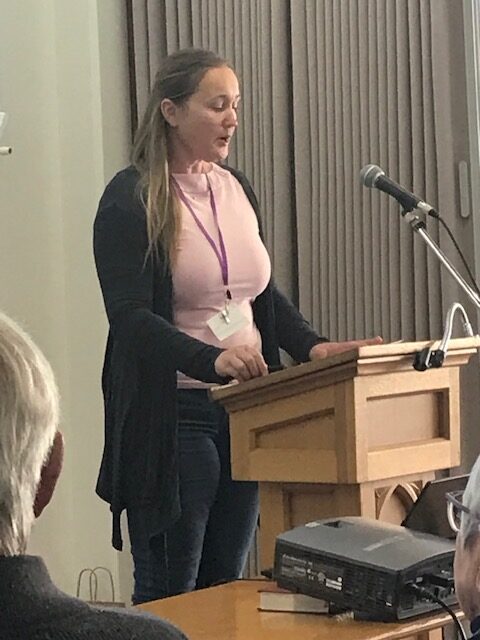
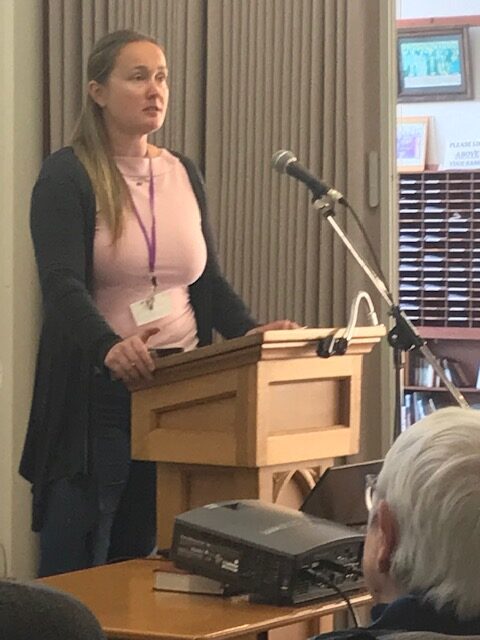
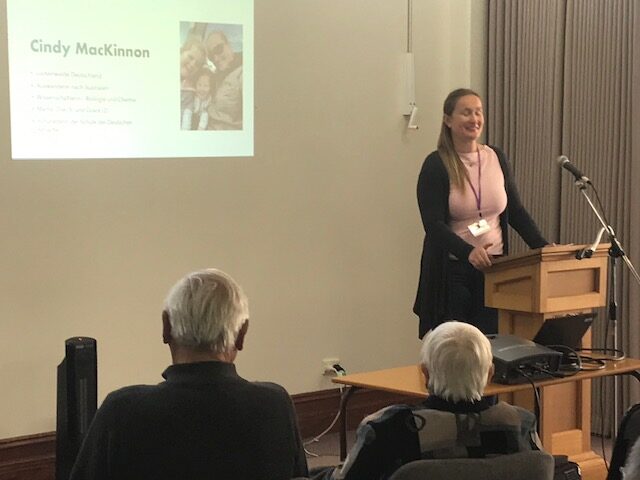
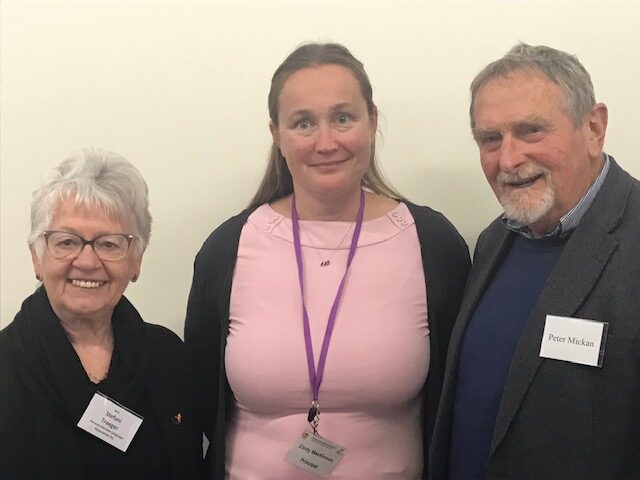
Cindy’s language skills are the result of her education in Germany. She was born in Luckenwalde in Brandenburg, 50 kilometres south of Berlin. Her area of study was in Biology and Chemistry, but after travelling and working in the eastern states of Australia and becoming a mother to Zoe (5) and Grace (2), she took up the position of Principal of the German School in Adelaide a year ago.
Bilingual English/German schools operated in South Australia as early as 1839, three years after the founding of the colony, and continued to grow in number until in 1916, as the result of wartime anti-German feeling, they were closed down by order of the government.
Today’s School for the German Language was established in 1959 by Josef Landher with ten students and one teacher. There are now 180 students, ranging in age from 5 to 18, and fifteen teachers. Lessons are conducted on a Saturday morning. Competence in communication is the main aim, but enjoyment is also important. Students celebrate special festivals in traditional German ways: Karneval, Easter/Harvest Festival (Erntedankfest), Lantern Parade (Laternenumzug), Christmas (Weihnachtsfeier).
For the first ten years of study the guidelines for various levels are set by the South Australian Curriculum Standards and Accountability Framework and for the final two years by the South Australian Certificate of Education. Examinations, as in other schools, are undertaken, and as well as gaining entrance into tertiary education, students may be awarded a Diploma in German Speech (Deutsches Sprachdiplom), an external assessment overseen by the German government, and so achieving the language requirement to study at a German university.
The next Kaffee und Kuchen meeting on Monday, 26 September at the Langmeil Centre, 7 Maria Street, Tanunda will be preceded by a German luncheon ($20 per person), beginning at 12 midday. Those wishing to attend should contact Steffi Traeger (email: stefnbobb@bigpond.com; telephone: 0408 621 384). The meeting itself will begin at 1 pm.
